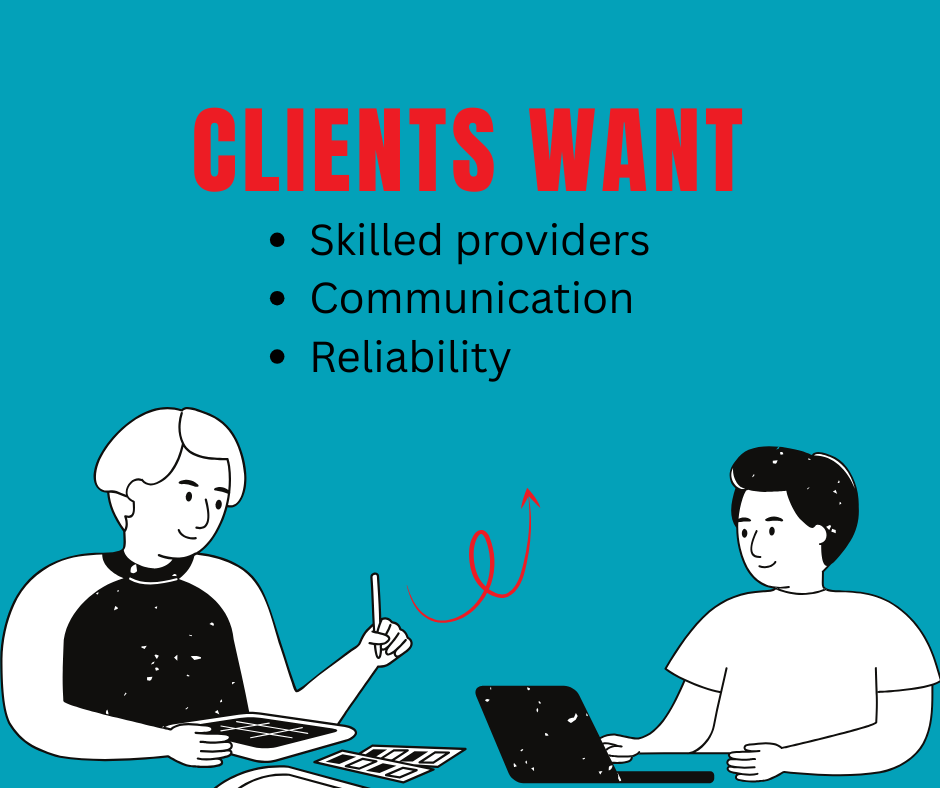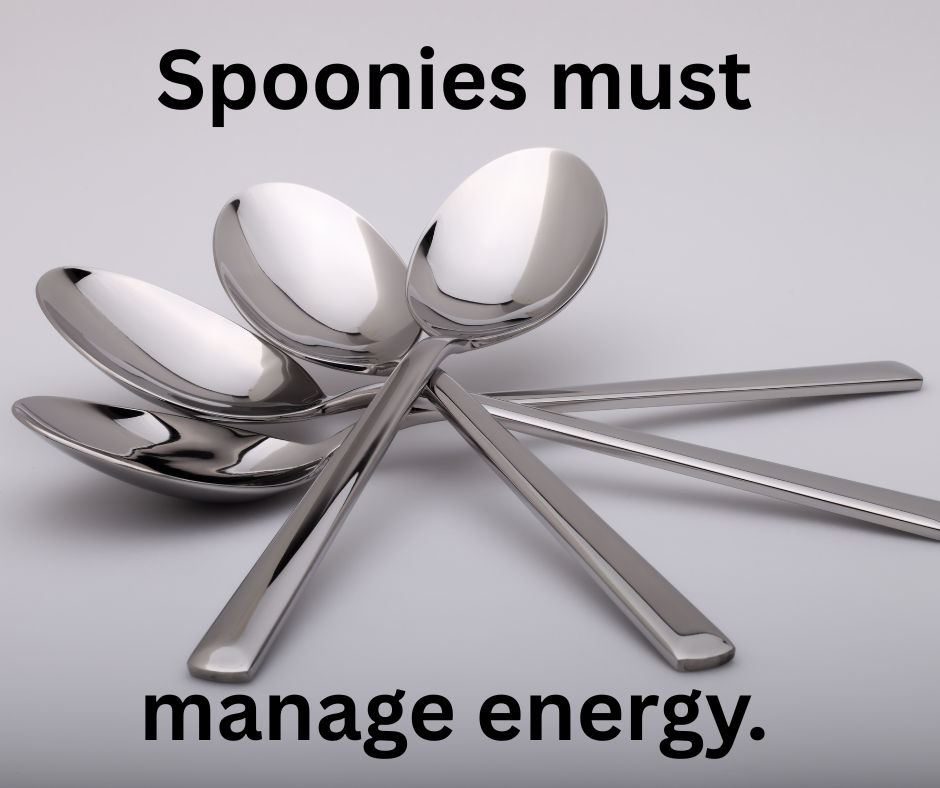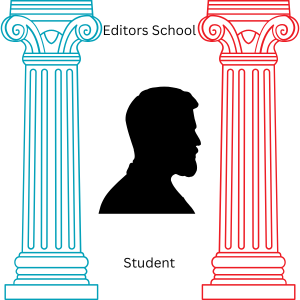
Not Too Old or Too Young to Start Editing
- Editors School Admin
- 0
- Posted on
Introduction: Who Says There’s a “Right” Age to Start Editing?
Have you ever found yourself wondering, “Am I too old to start editing?” or “Am I too young to start editing?” If so, you’re not alone. Age-related doubts are surprisingly common for people considering a career in freelance editing. But here’s the truth: editing has no age limit—and that’s one of the most beautiful things about it.
In some jobs, age is a factor: high-impact physical jobs, professions with minimum age requirements, or other positions. Unlike those, freelance editing is built on skill, clarity of thought, empathy for the reader, and a love of language. Those qualities aren’t tied to your age—they’re tied to your passion and your willingness to grow.
Whether you’re a current or retired teacher (from a public, private, or home school), a teen with a flair for grammar, a mom seeking flexible remote work, or a pastor who needs to be bivocational, your age isn’t a barrier—it’s a bonus.
In this post, we’ll bust common myths, get into some real-life success stories, and show you why now is the perfect time—no matter how many birthdays you’ve celebrated or how few you’ve had so far. The editing world has room for you.
Why People Think Age Matters (and Why They’re Wrong)

A lot of people feel blocked by age when considering freelance editing. They don’t always say it out loud, but it comes out in questions like these:
- “What if clients think I’m inexperienced and too young to start editing?”
- “I’m probably too old to start editing professionally, right?”
These concerns aren’t just imagined. They’re often shaped by real-world messaging. Media sometimes paints a picture of editors as seasoned, gray-haired gatekeepers with English literature degrees from Ivy League schools. On the flip side, young aspiring editors worry they won’t be taken seriously if they haven’t “lived enough life” yet.
But these beliefs are outdated and don’t reflect how the freelance editing world works today.
Where do these beliefs come from?
- Gatekeeping in traditional publishing: The idea that you have to “pay your dues” in-house before going freelance has discouraged many from jumping in sooner.
- Tech intimidation: Older editors may worry about editing software, file types, or online platforms.
- Ageism: Both groups can face assumptions that they’re not “ideal candidates” because of their age.
What Clients Really Care About

Here’s what freelance editing clients actually want:
- A sharp eye for detail
- A strong grasp of grammar and flow
- Clear, respectful communication
- Timely and reliable work
Notice what’s not on that list? Your birth year.
When clients find someone who improves their book, understands their voice, and helps their words shine, they don’t care if that person is 17 or 70. They care about the results.
Your age doesn’t disqualify you.
The results you get for your clients qualify you.
What leads to the results you bring your clients? Your traits, skills, and actions lead to those results.
Why You’re Not Too Young to Start Editing
If you’re on the younger side and feel like you’re too inexperienced or “too young to start editing,” let us reassure you—you’re not.
In fact, you may be more prepared than you think.
Fresh Perspectives, Real Talent
Young editors often have an incredible mix of strengths:
- Fresh eyes that spot awkward phrasing others miss
- Grammar instincts that are still sharp from high school or college
- Tech-savviness, making it easier to navigate Google Docs, Track Changes in Word, and project-management platforms like Teamwork, Asana, Trello, and Notion
- Creative flexibility and fast learning curves
Many high schoolers and college students start by editing essays, fan fiction, or stories for friends. That informal practice is real experience, and it can lead to real clients.
Building Your Credibility if You’re “Too young to start editing”
That is in scare quotes because you’re not too young to start editing. The key for young editors is to build a portfolio and practice consistently. Here are some ways to do that:
- Offer sample edits to authors in writing groups or forums.
- Volunteer for student publications or nonprofits.
- Take a course (like those at www.editorsschool.com) to build your technical skills, business practices, and confidence.
When clients see clean, insightful editing and respectful communication, your age fades into the background. They’ll remember the way you made their writing better—not the year you graduated.
Why You’re Not Too Old to Start Editing
Maybe you’ve been asking yourself, “Am I too old to start editing?” Here’s the short answer: Absolutely not.
In fact, many people who shift into editing later in life find it to be an incredibly fulfilling and flexible second career. Whether you’re a retired teacher, an empty-nester mom, or someone navigating chronic illness or burnout, editing offers something rare: the chance to earn income from home using the skills you’ve already built across a lifetime.
Strengths That Come with Age
Older editors often bring a wealth of soft and hard skills that give them a strong foundation, even if they’ve never formally edited a book before:
- Life experience: Years of reading, writing, communicating, and managing people give you an intuitive sense of the tone, clarity, and purpose needed in a manuscript.
- Patience and professionalism: With maturity often comes a calmer, more diplomatic way of handling feedback and deadlines. This is something clients value deeply.
- History of reading and writing: Lifelong readers often bring a natural fluency to editing, even before they receive technical training.
If you’ve worked as a teacher, pastor, administrative assistant, or even a parent managing a busy household, you probably already know how to give constructive feedback, catch inconsistencies, and support someone through a creative process.
That’s editing.
You’re not starting from zero. You’re repurposing decades of experience into a new venture.
A Low-Impact, Flexible Career for the Long Term
Unlike many “second-act” careers, editing doesn’t require physical labor, long commutes, or expensive postgrad degrees. You can build your business at your own pace, choose your clients, and work from the comfort of home (or your grandkids’ house).
Need to run some errands and go to a doctor’s appointment during the day? Edit after business hours.
Having a high-pain day? Lie in bed with a laptop.

For those managing chronic health conditions or recovering from burnout, editing offers a sustainable option. It’s mentally engaging while being low-impact on the body, and it gives you control over when and where you do the work.
If you’re wondering where to begin, know that Editors School is a great place to explore real-world training that speaks directly to people starting from scratch no matter what their age.
Real People, Real Success at Every Age
Still wondering if people actually do this at all stages of life? Let’s look at a few anonymized success stories that prove it’s not just possible but that it’s already happening.
A Teenage Editor Building Her Future
Samantha started editing fan fiction when she was 16. Her love for stories (and her obsession with comma placement) made her the go-to proofreader in her online writing group. At 18, she started freelancing on Fiverr and eventually landed indie authors through Instagram. Now in college, she earns enough to cover her tuition by editing novels between classes. Her parents love her for many reasons; one is that she pays her own college expenses.
Her secret? Practicing consistently and letting her skills speak louder than her age. Samantha quickly learned that she was not too young to start editing.
A 63-Year-Old Pastor’s Second Career

David (a pseudonym), a pastor in his 60s, took a course through EditorsSchool.com after realizing his church salary wasn’t enough anymore. David has always loved working with words. His decades of sermon writing and congregant mentoring gave him a deep understanding of tone, clarity, and encouragement—all essential editing skills.
Within a year, he built a steady roster of clients in the Christian nonfiction space.
David now edits as many books as he wants to from his quiet home office. It’s an enjoyable way for him to supplement his income.
His age wasn’t a drawback—it was a selling point.
A Homeschool Mom Who Became Her Own Boss
Maria homeschooled her three kids for over a decade. Along the way, she honed her ability to explain grammar clearly, revise essays with compassion, and juggle multiple priorities. When her youngest was old enough to learn more independently, Maria launched a freelance editing business—again, with help from Editors School. She now works with educational publishers and indie authors.
This middle-aged SAHM found editing to be the perfect bridge between her past experience and her desire to keep doing meaningful, flexible work.
The Common Thread
Whether 17 or 70, these editors have one thing in common: they didn’t let their age define what was possible. They leaned into their strengths, got practical training, and showed up with professionalism.
You can do the same.
What Really Matters if You Want to Edit Books
If you strip away all the noise about whether you’re too old or too young to start editing, here’s what’s left: what actually makes someone good at this work.
Spoiler alert: It’s not your age.
The True Essentials of Editing
- Language Mastery
You need a strong command of grammar, punctuation, sentence flow, and clarity. This can be learned (and relearned!) at any stage of life. - Commitment to Learning
Editing isn’t static. Style guides change, genres evolve, and new tools come onto the scene. The best editors stay curious and open to growth. - Client-Focused Communication
The ability to give kind, constructive feedback, listen to a writer’s goals, and respect their voice is just as important as knowing where to put a semicolon. - Reliability and Professionalism
Meeting deadlines, responding to emails, and keeping your word are business basics, not age-dependent traits.
Age is neutral. Skill is what counts.
You’re not too young to start editing, and you’re not too old to start editing. There’s nothing magical about being a certain age that makes someone a better editor. What matters is whether you’ve developed the right mindset, practiced the right skills, and are ready to take the leap.
So if you’ve ever said, “I’m probably too old to start editing,” or “I might be too young to start editing,” ask yourself this: “Am I ready to grow, practice, and show up with excellence?” That’s the real question.
Encouragement

If you’ve been waiting for “someday,” that’s today.
You’ve been thinking about this for a while—long enough to find this blog post. Maybe you googled, “Am I too old to start editing?” or “Am I too young to start editing?” You’ve doubted yourself, and maybe even talked yourself out of trying.
But here you are. That means something.
Here’s the truth: there is no perfect time to start editing—there’s just now. And now is a great time.
You don’t need permission from the publishing industry, a certain degree, or someone else’s approval to begin. All you need is the willingness to show up, learn the business, and keep going.
Your age, whether young or old, is not a liability. It’s a lens through which you bring unique value to your clients. Younger editors bring fresh eyes and digital fluency. Older editors bring nuance and life-earned insight. Both are needed. Both are valid.
So if you’ve been waiting for the right moment, this is it. The stories you’ve read, the truths you’ve heard—they all point to one thing:
You can do this.
FAQs
1. Can you be too old to start editing professionally?
No! Many people begin editing careers in their fifties, sixties, or even seventies. Their life experience, attention to detail, and communication skills often give them a strong edge. Age is not a barrier. Skill and professionalism are what matter.
2. Is it realistic for a teen or college student to become a freelance editor without experience?
Absolutely. Young people who are strong writers and detail-oriented readers can thrive as freelance editors. By building a portfolio early and learning client communication, teens and college students can build solid careers from scratch.
3. Do clients care about an editor’s age?
Most clients care about results, not your birth year. If you can improve their writing, meet deadlines, and communicate well, your age becomes irrelevant. What they remember is the value you bring to their project.
4. What’s the best way to start editing as a second career?
Start by taking a course that teaches the craft and business of editing, such as the programs offered at www.editorsschool.com. As part of your coursework there, you’ll build a sample portfolio and begin networking with indie authors or small publishers.
5. Is editing a good job for people with chronic illness or limited energy?
Yes! Editing is flexible, low-impact, and remote-friendly work. Spoonies and other people for whom energy management is crucial can find this to be an ideal job. They get to work at their own pace. Whether working part-time or full-time, they can be successful and build sustainable careers on their terms.
Conclusion
In a world obsessed with timelines, milestones, and “shoulds,” it’s easy to feel like you’ve missed your chance because you’re too old, or that you haven’t earned it yet because you’re too young to start editing. But freelancing doesn’t follow the rules of a traditional career path. It doesn’t care about your age. It cares about your ability to support a writer’s words with skill, empathy, and precision.
So, whether you’ve been told you’re too old to start editing or too young to start editing, know this:
That’s codswallop.
What matters is your commitment, your curiosity, and your courage to begin.
There are books out there that need your eyes, your insight, and your heart.
Call to Action

Ready to start? You’re in the right place.
If this blog post lit a fire in you, if you’re feeling that “I can totally do this” buzz in your body, don’t let it fade. Channel it into your first step. Check out Editors School.
Come on in; the school pool water’s fine. Whether you’re 17 or 71 and ready for a new chapter, your editing journey starts now, and this is the perfect place to begin.